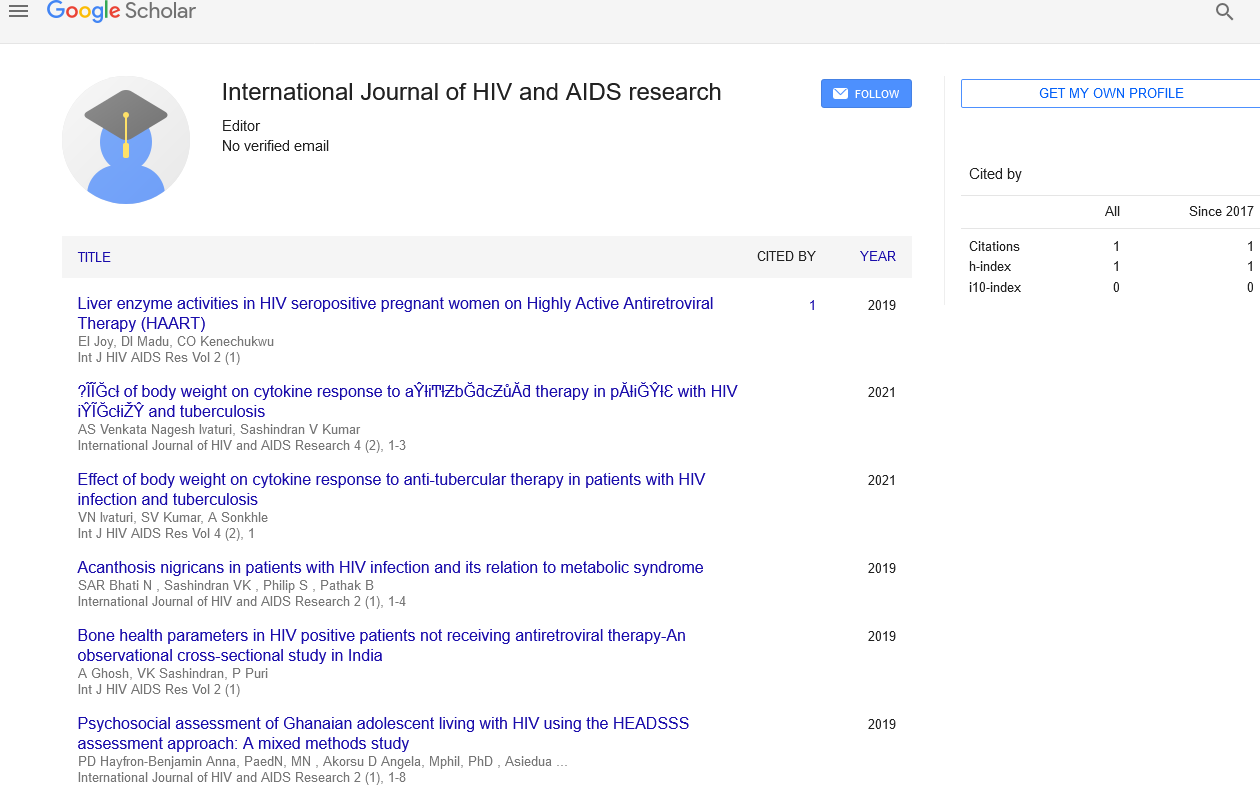
Sign up for email alert when new content gets added: Sign up
Abstract
From the perspective of the circular economy, the recovery of energy and nutrients from mycotoxin contaminated food products using biological treatments
Author(s): Negasa Fufa*A well-known problem that is receiving attention these days due to an increase in contaminations that are also linked to climate change is the mycotoxin contamination of food goods. Finding effective and trustworthy methods for the decontamination and valorization of mycotoxin contaminated products becomes essential in this situation and while taking the principles of the circular economy into account. Composting and Anaerobic Digestion (AD) seem to be effective biological methods for destroying mycotoxins while also producing energy (biogas) and materials (nutrients from digestate and/or compost) that can be recovered. The current paper's objective was to conduct an organic review of the state of the art of mycotoxin contaminated food product energy and material recovery by biological therapies, highlighting results and research gaps. The contamination of the feedstocks had little to no effect on either of the processes under consideration, demonstrating that these substances had no impact on the stability of the processes. Due to the coexistence of microbiological and physical agents in AD and composting, mycotoxins were significantly eliminated. Before considering the large scale application of these processes, it became clear from the literature review that several issues needed to be resolved, including (i) A deeper understanding of the biochemical transformations of mycotoxins during the processes, (ii) An evaluation of the fate of mycotoxins residues and metabolites in soil once digestate/compost are applied, and (iii) An optimization of the integration of AD and composting in order to increase the environmental and economic benefits.
Full-Text | PDF




